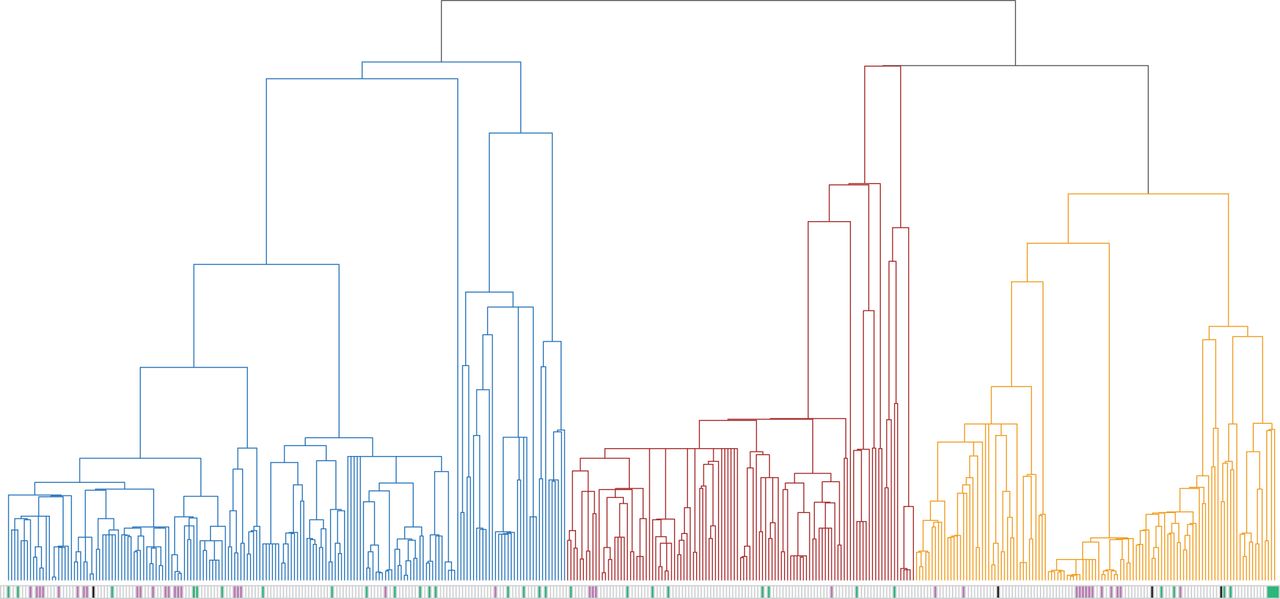Andrew led a recent study aimed at characterizing the phylogenetic specialism of around 1500 mammal parasites, finding that patterns of specialism vary among parasite types and transmission modes. Some parasites show an aggregation in the host phylogeny consistent with a leaps-and-creeps history; occasionally, a parasite will take a large leap to a new host species and creep through the phylogeny acquiring related hosts to the one it jumped to. The study provides a vocabulary and context to consider case studies, including zoonoses, and the authors hope that it can catalyze more studies on the evolutionary ecology of parasite host range. The paper is published in Proceedings of the Royal Society B and was profiled on the journals blog.

